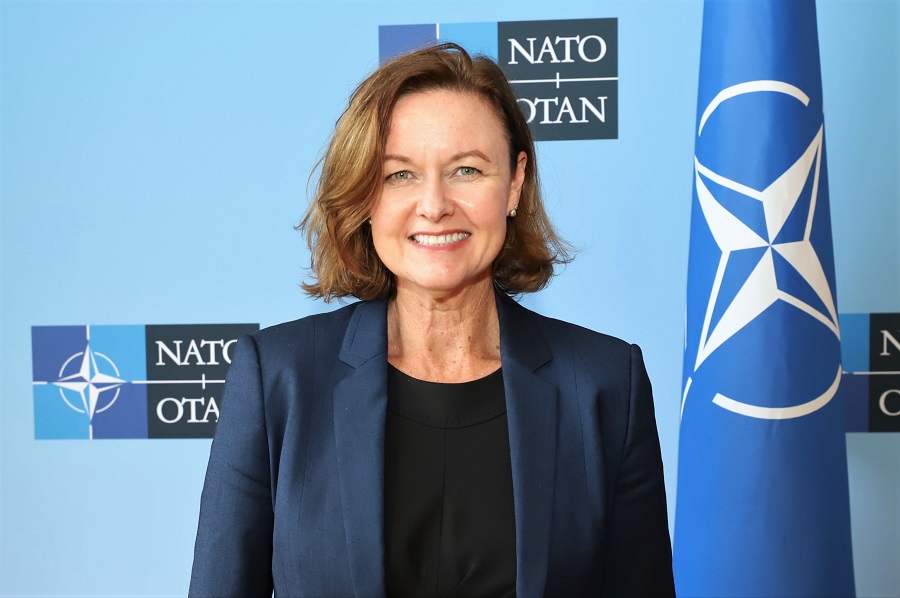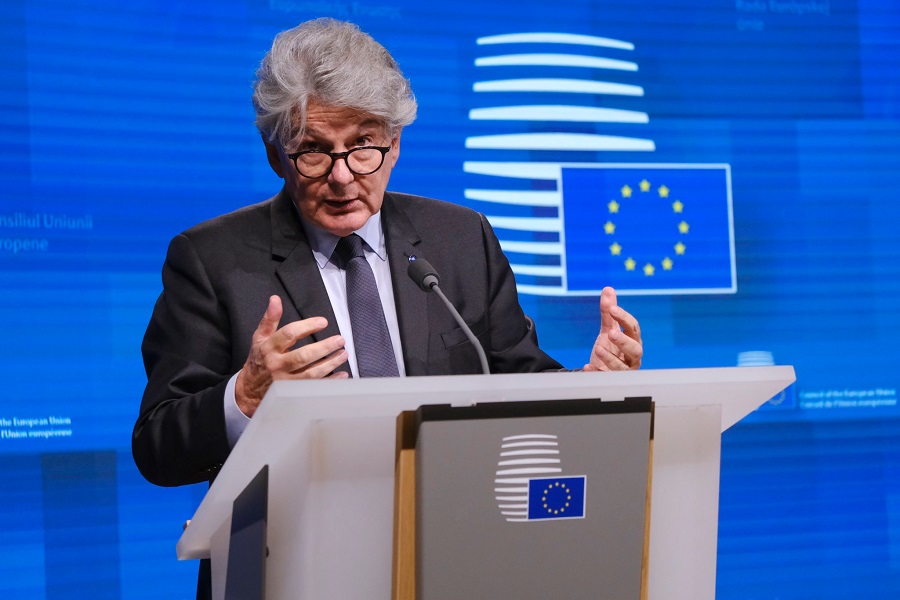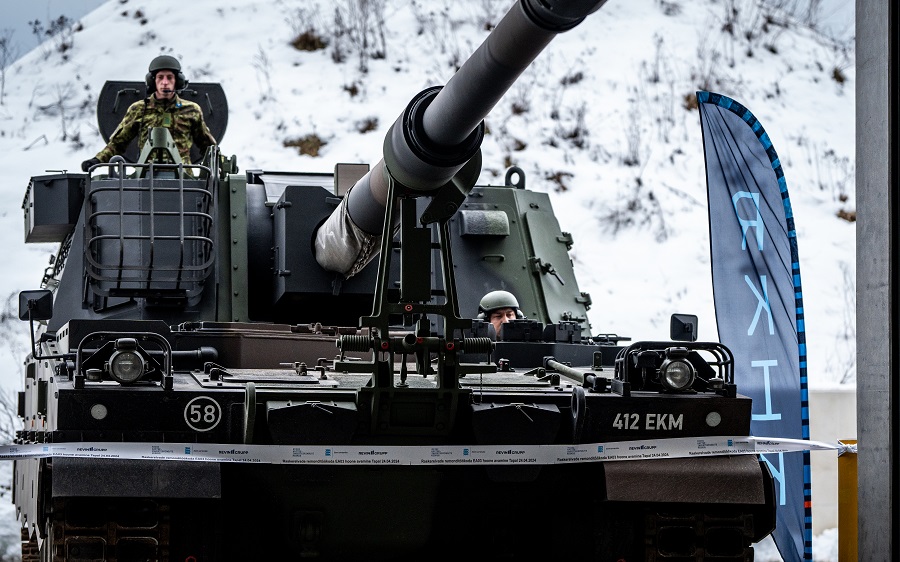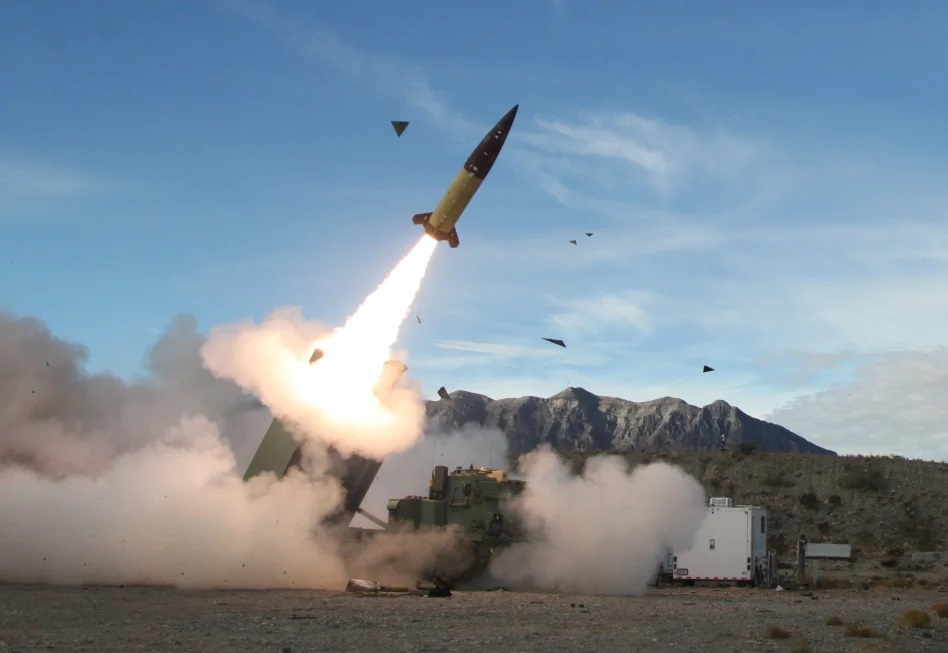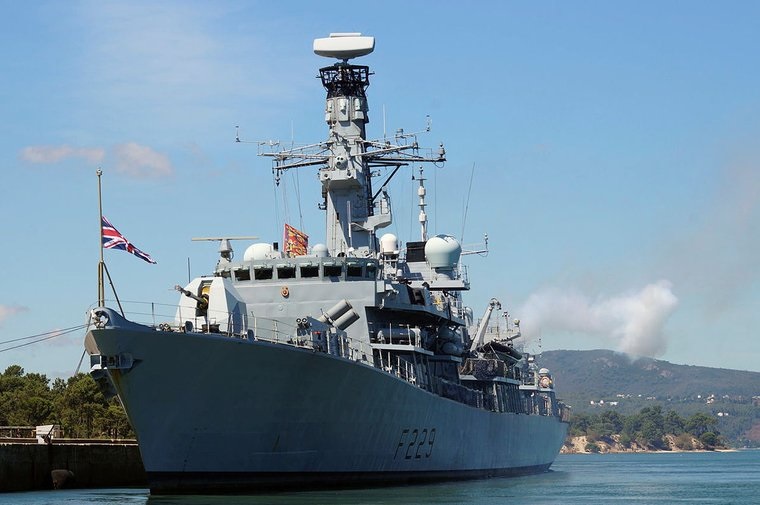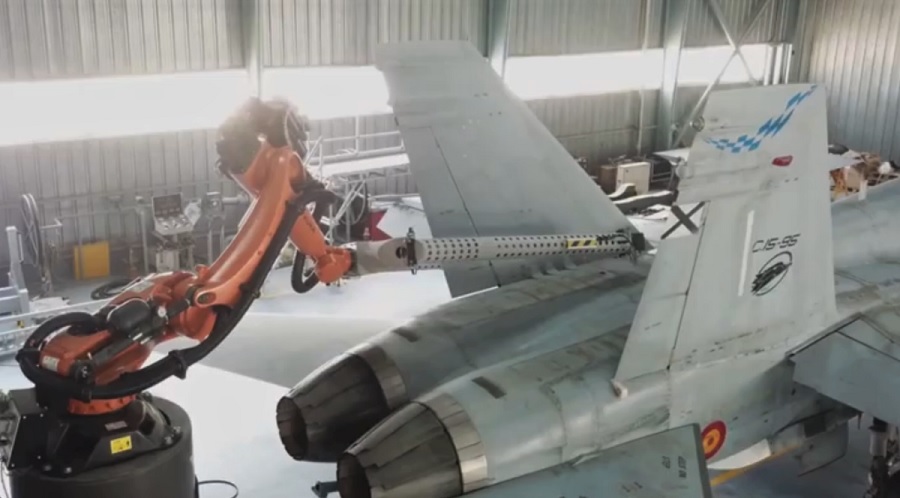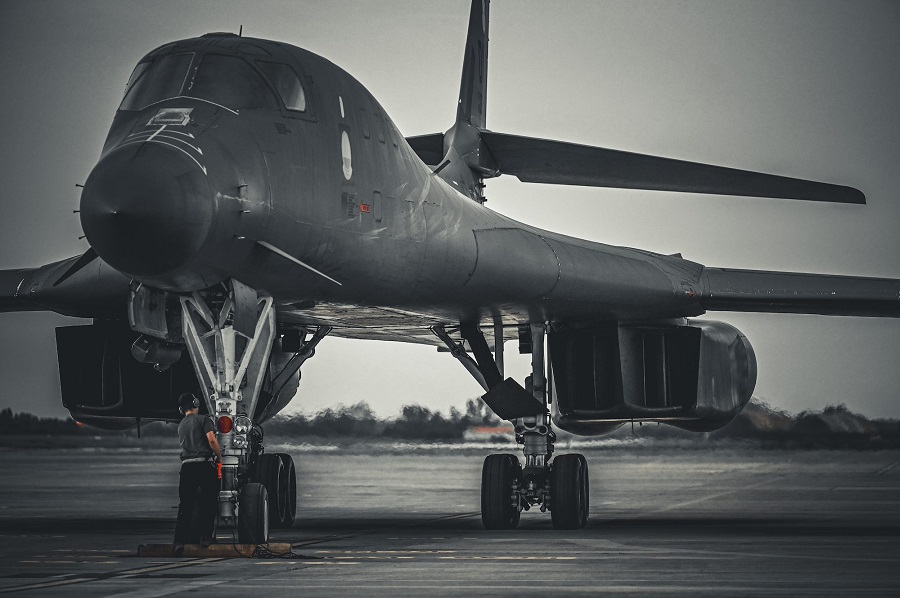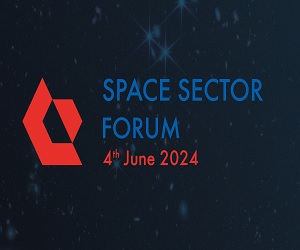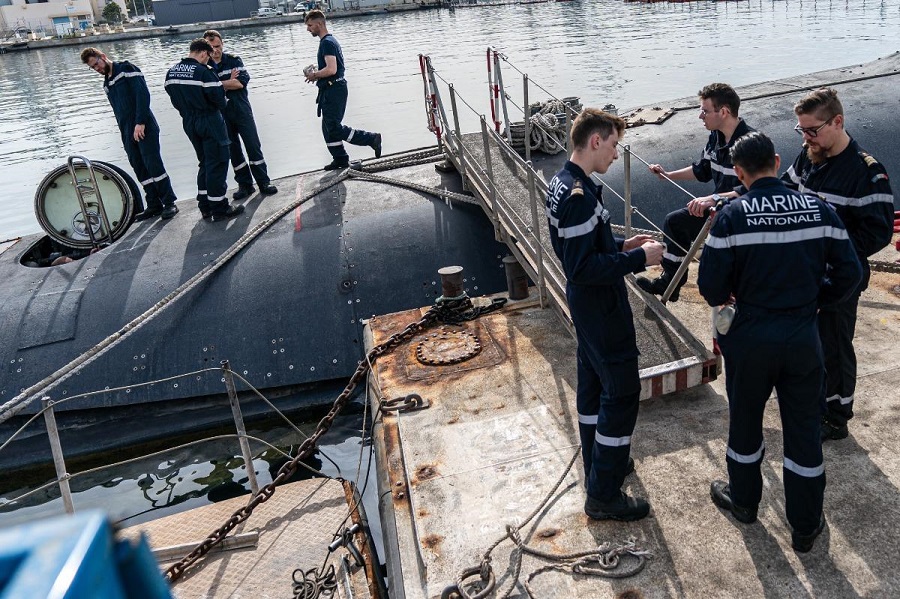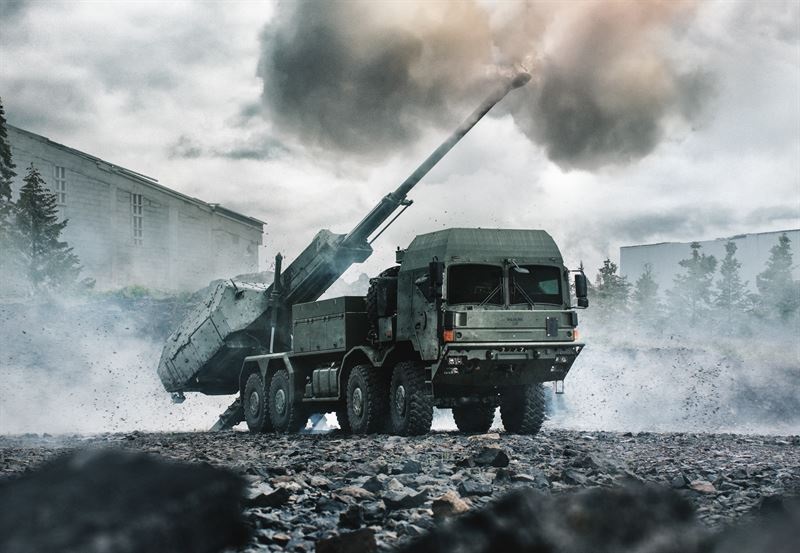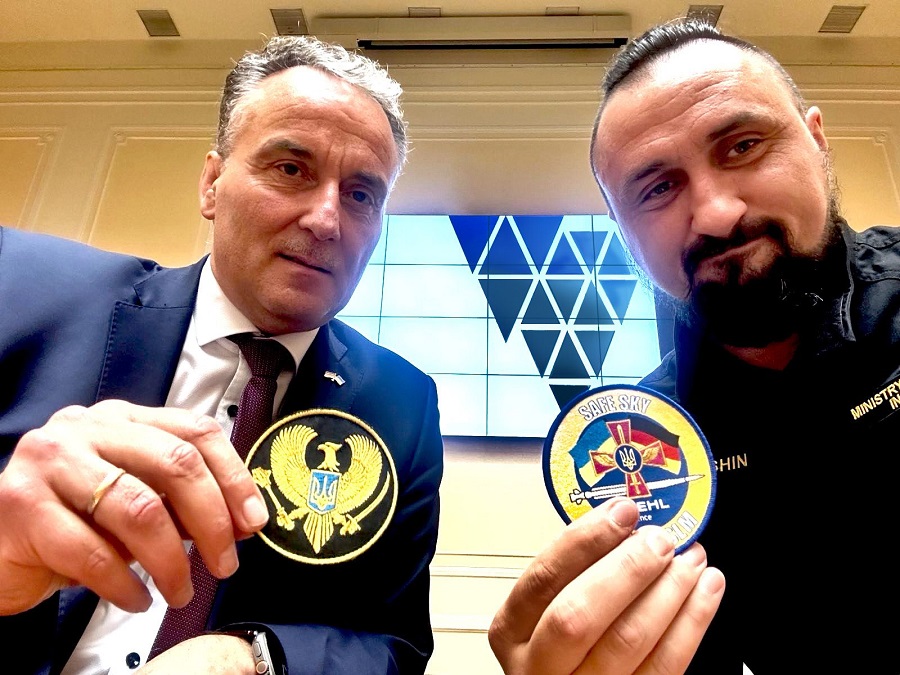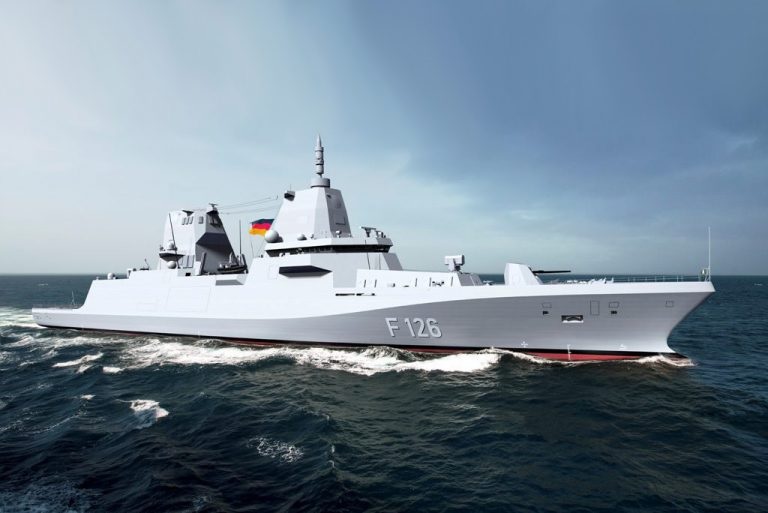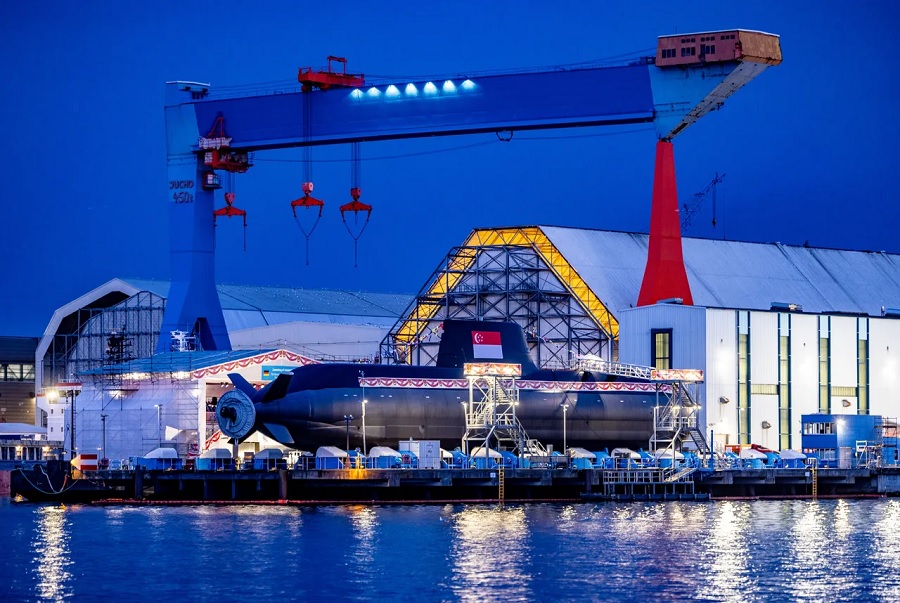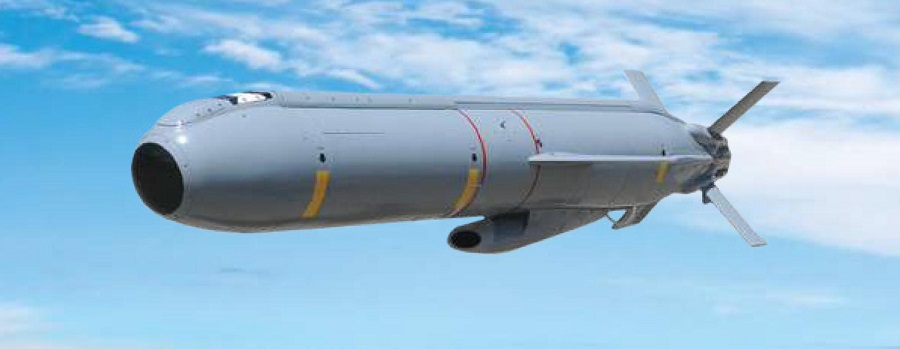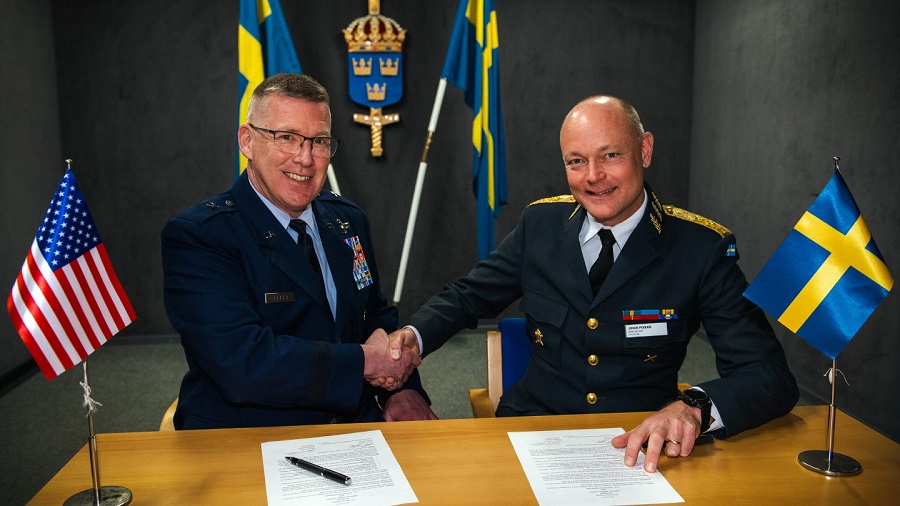The Meteosat Third Generation (MTG) system will help meteorologists meet one of their main challenges – the rapid detection and forecasting of severe weather events – so that timely warnings can be given to citizens, civil authorities and first responders. The data from MTG-I1 (the “I” stands for “Imager”) will have a wide range of uses, from enabling aircraft to avoid storms and earlier alerts of flooding, to more precise monitoring of fires and fog. It will help to protect lives, property and infrastructure and bring economic benefits to Europe and Africa. The MTG satellites are developed and procured in cooperation with the European Space Agency by an industrial consortium led by Thales Alenia Space and OHB. The satellites are developed according to the requirements defined by EUMETSAT after consultation with the users of its meteorological data.
Galaxy 35 and Galaxy 36 are the next satellites in Intelsat’s comprehensive Galaxy fleet refresh plan, a new generation of spacecraft that will provide Intelsat media customers in North America with high-performance media distribution capabilities and unmatched penetration of cable headends. These two satellites will bring C-band contribution capacity to support high-profile events, such as collegiate and professional football, auto racing, baseball, golf, boxing and professional wrestling. The satellites also offer in-orbit protection for select customers in the broadcast arc serving North America.
“With the successful launch of VA259, Arianespace is proud to serve the interests of EUMETSAT and Intelsat, two operators with whom we have been working since 1981 and 1983, respectively”, said Stéphane Israël, CEO of Arianespace. “This mission serves both Europe and North America and is a perfect illustration of the versatility of our heavy-lift launcher, which is capable of meeting the needs of both institutional and commercial operators. Its passengers also reflect our own values, which are to make Space work for a better life on Earth, by improving our meteorological knowledge and connectivity.”
“For its last flight of the year, Ariane 5 once again demonstrated its power and competitiveness, achieving a new performance of almost 11 tons to geostationary orbit. It also proved its responsiveness to the needs of Arianespace’s customers, by launching three satellites at once. Only two more Ariane 5 remain to be launched. The teams at ArianeGroup and Arianespace, with the support of ESA and the French space agency CNES, are preparing together for Ariane 6’s entry into service in autumn 2023”, said André-Hubert Roussel, CEO of ArianeGroup.
By delivering 10.972 tons to geostationary orbit, Ariane 5 achieved its second highest performance after the launch of Syracuse A4 and SES-17 in October 2021. The Ariane 5 was adapted for this mission so that it could accommodate three satellites under its fairing. This triple configuration is made possible by a raising cylinder and a long fairing, increasing the space allocated to the satellites by 20m3. This is the third time in its history that Ariane 5 has done a triple launch.
After this mission, just two Ariane 5 launches are left, including the JUICE mission, before Ariane 6 takes up the baton, supporting Europe’s institutional missions and meeting the growing needs of the commercial market.
The Ariane 5 heavy-lift launcher is an ESA program carried out in cooperation between public institutions and industry across 12 European partner states. The launches are operated by Arianespace.
ArianeGroup is the lead contractor for the development and production of Ariane 5, as well as being responsible for launcher preparation operations up to lift-off. As prime contractor for Ariane 5 and Ariane 6, in charge of development and production, ArianeGroup is at the head of a vast industrial network of more than 600 companies, including 350 small and medium-size enterprises (SME). ArianeGroup delivers a flightworthy launcher on the launch pad to its subsidiary Arianespace, which sells and operates Ariane 5 from the Guiana Space Center (CSG) in French Guiana. During launch campaigns, Arianespace works closely with the French space agency (CNES), which is the design authority for Ariane 5 and is responsible for the satellite preparation facilities and the launch base.



